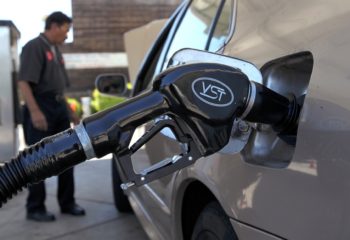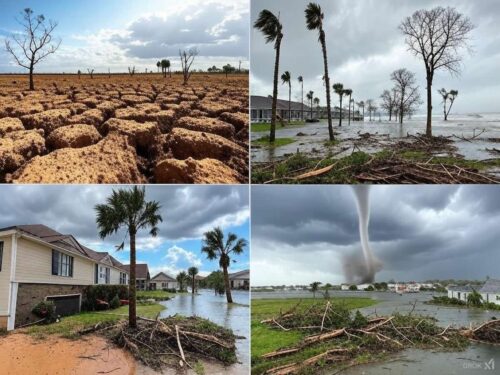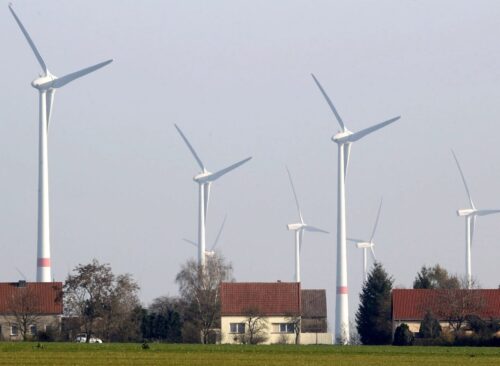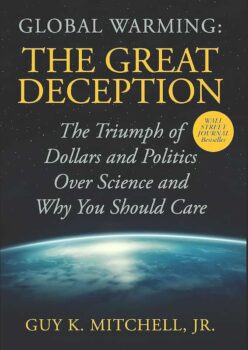
As Spencer reported, their ideas included “a release from the Strategic Petroleum Reserve and a ban on crude oil exports.”
But energy experts sounded off on their proposed strategies for bringing down prices, calling them “pure folly.”
“That proposal does absolutely nothing to alleviate higher prices or to make prices lower than in any sort of relative sense,” Karr Ingham, a petroleum economist at the Texas Alliance of Energy Producers, told Fox News.
“The economics of that are pretty clear. And if the suggestion on the part of the administration is that implementing a ban on U.S. crude oil exports makes US domestic crude oil prices lower and therefore, for example, U.S. gasoline prices lower, that’s pure folly, that is not the effect.”
Not only won’t it help, “it probably makes prices higher, not lower,” he added.
The solution isn’t complicated, Ingraham argued: Let oil and gas producers do their jobs.
“[G]et out of their way. Let them go to work,” Ingham said. “Remove as much uncertainty as can be removed from the legislative, regulatory, and economic environment and let them get back to the business of growing U.S. domestic crude oil production energy production as rapidly as they can.”
Ingraham, of course, isn’t the only critic.
Ryan Sitton, former Texas energy regulator and founder and CEO of Texas-based reliability firm Pinnacle, agreed with Karr’s analysis and said the letter is pure partisan politics.
“First of all, this is 100 percent political posturing,” Sitton told Fox News Digital. “Democrats spent the last campaign season beating up on oil and gas, really leaning into climate change and things we need to do to affect climate change and that had a profoundly chilling effect on oil and gas investments, which has created or been a huge part of creating the oil shortage and now the gasoline price problem.”
“So, what they’re trying to do is save face to make it look like we are not to blame for the gasoline price problems when of course, they know that they are,” Sitton continued.
Sitton says that Democrats are hoping that in the short term a crude oil export ban would lower the price of U.S. crude oil so that the US refinery feedstocks would be cheaper and therefore gasoline would be cheaper but says they are making a “massive miscalculation.”
“What it would do is it would tank the price of U.S. crude oil and therefore kill the U.S. oil business,” Sitton explained. “At the same time, it would skyrocket the price of overseas crude oil, which means Russians and Saudi Arabia would be making tons of money and the U.S refining company would still have to pay that premium price for the crude oil it needs. It would tank the U.S. crude oil business while benefiting overseas competitors.” (Fox Business)
The senators’ plea comes as the Biden administration is quietly considering the ramifications of closing down yet another pipeline.
Read more at Townhall



















Isn’t folly the guiding principle of most world leaders? Ditto for climate activists.
Asking the Democrats to lower the prices is like asking the Fox the Guard the Hen House
The Environmental Protection Agency (EPA) decreed many years ago the level of sulfur that could remain in gasoline after refining. That was about the time that “acid rain” was all the rage. (Sulfurous acid is also called Sulfur dioxide solution or dihydrogen trioxosulfate or trioxosulfuric acid. It is an intermediate species to produce acid rain from sulfur dioxide (SO 2 ).) Getting the sulfur out during refining is expensive.
The crude oil exported by the US is high sulfur. It is actually cheaper to sell that overseas and import lower sulfur crude than it is to ‘refine’ the US oil.
(Related to me back in the 1960’s by an oil company executive when I was working for a seismic oil exploration company.)
There is a market for sulfur that didn’t exist before. Farmers are buying it, mainly for wheat and corn. Solving acid rain made this necessary, sulfur no longer falls from the sky.
Yup. things change. The first recording truck I worked with/in ’64 – all vacuum tubes in the amplifiers. The last field equipment I worked with – in ’68 – not just all ‘chips’, but A/D conversion as well. A TI 10,000 portable, Serial #109 – in Papua. Then went as a ‘playback operator’ on the island of Borneo for 18 months.
Interesting – Google street view shows recent views of the last village I worked near – they now have electricity, and no more outhouses on stilts over the river. Yup, things change.
Outhouse on stilts over a river, that’s one way to make a splash.
Did it register on the seismometer?
My job, playback operator, kept me in camp – on house-boats. Steel barges with wood frame buildings on top. The geophones (aka Jugs) were out in the field, miles away.
Oil exploration, a fun job for a single man. Got to live and/or work in five different countries before I got married. Seeing how the people lived in “undeveloped” areas makes me really appreciate the modern (US) bathroom.
BTW: You have something like 700-800 million barrels of crude oil stored in the Strategic Petroleum Reserve (SPR). With U.S daily consumption around 18-19 million barrels of crude oil PER DAY, emptying out the SPR won’t matter…
What is largely misunderstood by most Americans is HOW the domestic U.S crude oil & refining markets (actually) work. Most of our Gulf Coast refineries are designed to run HEAVIER crude blends, so much of the lighter grades (WTI, Bakken) are not best suited for domestic refining. Those lighter crudes are well designed to run in European refineries. So, you have an international, INTER-Dependent (not independent) supply network. If you BAN crude oil exports, then U.S producers will be shutting in and you will DECREASE domestic oil production while STILL importing the oil you need to properly balance the domestic refining system. In effect, you will create a trade IMBALANCE where we no longer have (more or less) an equilibrium where oil imports equal oil exports + refined products exports. Much like the so called domestic “supply chain,” oil markets are diverse, multi-faceted & complex. Democrats do not seem to realize any of this in their “calculus”…
Well said Randy. And the fact that our Gulf Coast refineries are designed to deal with heavy crude was why the KeystoneXL pipeline was so important. Also why we used to import a lot of oil from Venezuela since their crude is also heavy. Alas the idiots who ran/run that country have all but destroyed their oil business.